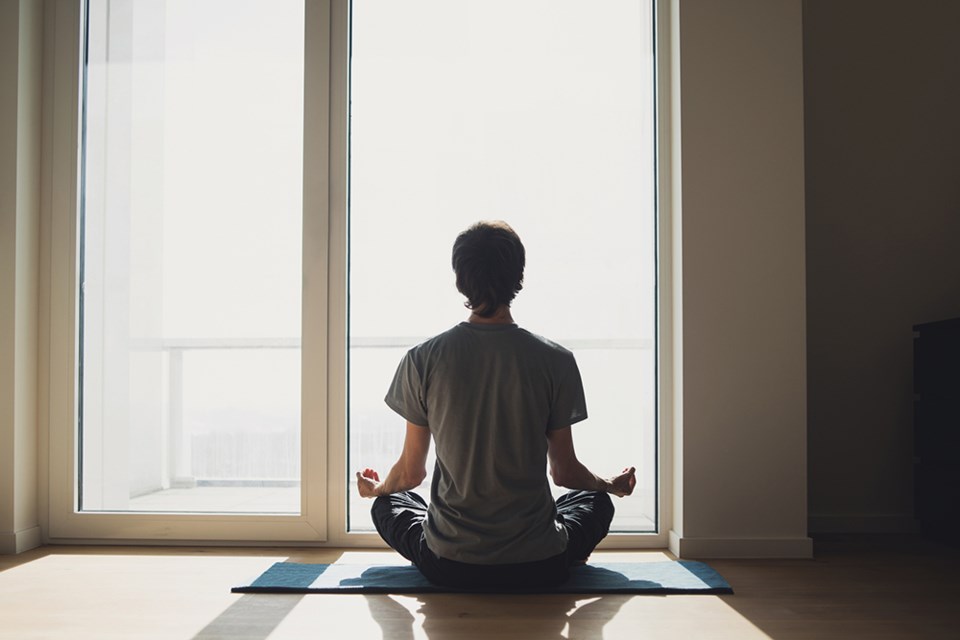After lugging around the burdensome weight of pathological anxiety and a slew of negative behaviours which, with a sharp and pointy finger, directed me toward chronic addiction, the phrase with the whimsical tone, “Let it go”, attracts me on an intuitive, visceral level.
In the context of my experience, the bumper sticker sounding aphorism has had a fundamental and profound effect on how I see the world and, in turn, how the world sees me. Its meaning punches far above the weight of its three words and seven letters.
When psychology and biology overlap with spirituality, there may be an abstract, slightly flaky tone to the conversation. You have been given a fair warning. Although, I find it especially compelling when the arts and things of a spiritual nature merge with the hard sciences.
Letting go is a central idea to the religion of Buddhism. Although I do not identify as a practicing Buddhist, I found clarity and usefulness with some of the teachings of the 2,500-year-old religion which originated in India.
Buddha said, quite simply, nothing is permanent, everything is in a constant state of change, so clinging on to things will be a main cause of great suffering.
It is my experience, and the reality of many people I have met, that the primary reason for using drugs and alcohol was the illusion there was a dulling or diminishing effect on personal, often internal suffering; a suffering often caused by thoughts that were clinging tightly to the past like the way ivy clings to a wall.
Letting go does not suggest forgetting or denying painful parts of yesterday. Not at all. It means there is no longer intense, often painfully negative emotional reaction to parts of life which are always in a state of change.
Our emotions are not drawn from an inexhaustible well. In a sense, letting go can replenish our emotional reserves or resources and leave us feeling strong and happy, prepared to live in the present, while acknowledging the past with a healthy detachment.
As I mentioned in the beginning, the practice of letting go is especially liberating to someone, like me, who carries irrational fears with him and an anxiety which, at times, seems unshakable.
My muscles are tense and my brain is over-analyzing my immediate environment like a mortal danger looms closely. It can be emotionally and physically tiring to experience the sensations often.
Letting go and liberating oneself from the physical symptoms of anxiety is the beginning of a life lighter and happier, which attracts opportunities and adventures.
Letting go is an admission we have never had control in the first place; it was a spiritually and emotionally unproductive illusion which enabled me to barely survive but never thrive.
It is time to let go of that.
Robert Skender is a qathet region freelance writer and health commentator.



